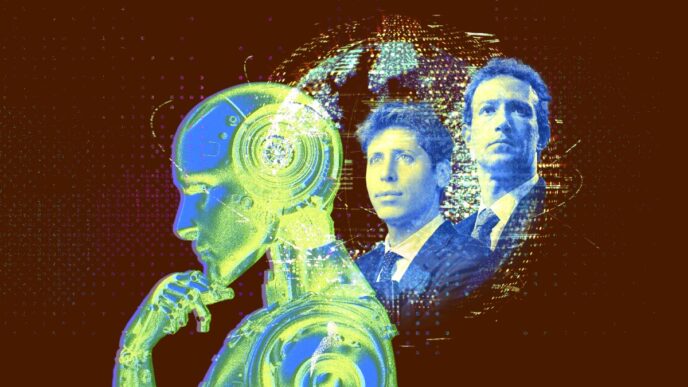Generative AI is fueling student cheating headaches for college professors. One instructor spotted a student’s research paper on 1960s counterculture packed with every major protest movement and figure—too perfectly generic to be genuine.
The professor ran the exact prompt into multiple AI essay sites. The papers returned mirrored the suspicious submission closely in content and style. No direct plagiarism, but AI’s keyword-driven source matches raised red flags. Citations cited articles unrelated to the claims, a classic AI giveaway.
The student also apologized late, claiming sickness and deadline confusion—yet submitted a completed paper in the same email. Final exam essays doubled down on AI signals: broad answers, no class examples, and copied section titles. Bibliographies were cobbled together with unrelated readings to appear legit.
With no hard proof, the professor couldn’t fail or formally report. Instead, he graded down for poor sourcing and lack of original analysis. The student never responded to emails questioning the work.
The professor plans to use the case as a warning in future classes. He sees some students here only for credentials, not learning. For now, it’s clear: AI essay generators are a growing nightmare for educators trying to spot cheating.
Leonard Steinhorn, American University professor, shared this experience.
“My student was either oblivious to the readings and everything we covered in class, or there was something else going on.”
“AI: Insert sources that seem like a good match simply because of keywords in the title.”
“He didn’t do as well as I suspect he hoped.”
“I will continue to give my heart and soul as a teacher to all of them, regardless of why they’re here…”














